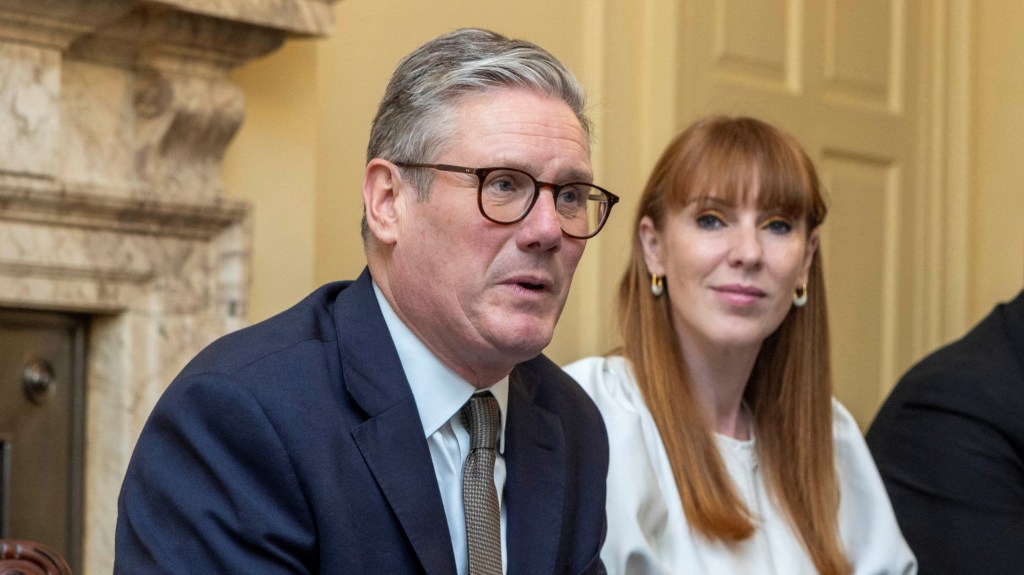Barclays: Ongoing Legal Challenges and Accountability Issues
One of the more infamous remarks from a senior banker in a courtroom includes the quip, “None of us wants to go to jail here … the food sucks and the sex is worse.” This statement came from Tom Kalaris, the former head of wealth at Barclays, during discussions about concealed payments to Qatar in 2008. These payments were a crucial part of securing two capital injections totaling £11.8 billion amid the 2008 banking crisis, allowing Barclays to avoid a government bailout.
Kalaris, alongside two other senior bankers, was acquitted of fraud charges in 2020. His comment was presented as evidence during a prosecution that lasted five months and reportedly cost taxpayers £32 million.
However, this week brought a significant ruling from the Upper Tribunal, which denied Kalaris’s appeal against a ban imposed by the Financial Conduct Authority (FCA) in 2022. The tribunal concluded that Kalaris had provided “dishonest” answers during a 2013 FCA interview, determining that he was not “fit and proper” to hold a senior role in a financial firm.
At 68, Kalaris has become one of the few UK bankers explicitly branded as dishonest in a legal setting, facing consequences for his actions. His aspirations to lead Saranac Partners, the wealth management firm he established after leaving Barclays in 2013, will be significantly hampered. While he has distanced himself from official leadership, still retaining a shareholding following his investment of £25 million to launch the firm, his decision-making power is severely limited.
Saranac has expressed disappointment over the ruling but accepted the tribunal’s findings, while Kalaris has chosen not to comment. This situation poses challenges for a firm that relies heavily on client trust, especially as Saranac employs many former Barclays staff members, including Jerry Del Missier and Martin Gilbert.
The introduction of the senior managers regime in 2016 aimed to increase personal accountability in the financial sector, promising that senior figures would face legal repercussions for dishonest actions. Despite this, the incarceration of top bankers remains rare in the UK, unlike in countries such as Iceland and Ireland, which have successfully prosecuted senior financial criminals.
Though Kalaris was acquitted of criminal charges, the tribunal’s outcome focused on misleading the FCA, with a lower standard of proof required than in criminal cases.
The controversy surrounding Barclays continues, as the bank is appealing a £50 million fine linked to undisclosed payments to Qatar, while former CEO John Varley has been recalled to provide additional evidence on the situation.
Years of unresolved issues raise concerns about fairness, particularly for shareholders left uninformed during the Qatar dealings. Barclays has faced ongoing scrutiny from the authorities, following a history of tax avoidance, questionable accounting practices like the Protium scandal, and previous conduct under CEO Jes Staley, who was fined for misleading the regulator regarding his ties to Jeffrey Epstein.
Despite the controversy, Barclays has seen its share price outperform other major UK banks in recent times. Current CEO “Venkat” Venkatakrishan is gradually reassuring investors that the bank’s turbulent past may be behind them. Nonetheless, recent declines in customer service rankings highlight potential issues that could arise.
The legacy of past failings lingers over Barclays. Political discourse has sparked discussions indicating that banks, boosted by improved margins and favorable borrowing conditions, could face increased taxation as the government seeks to manage its fiscal policies amidst existing commitments.




Post Comment